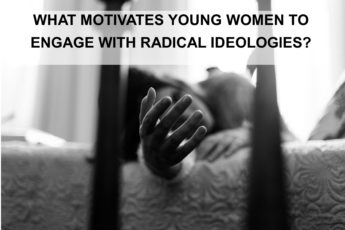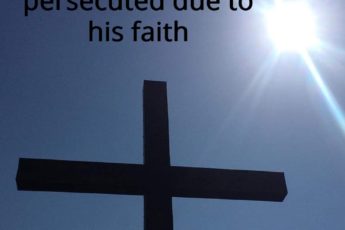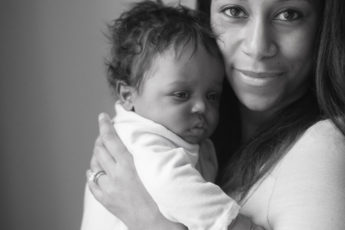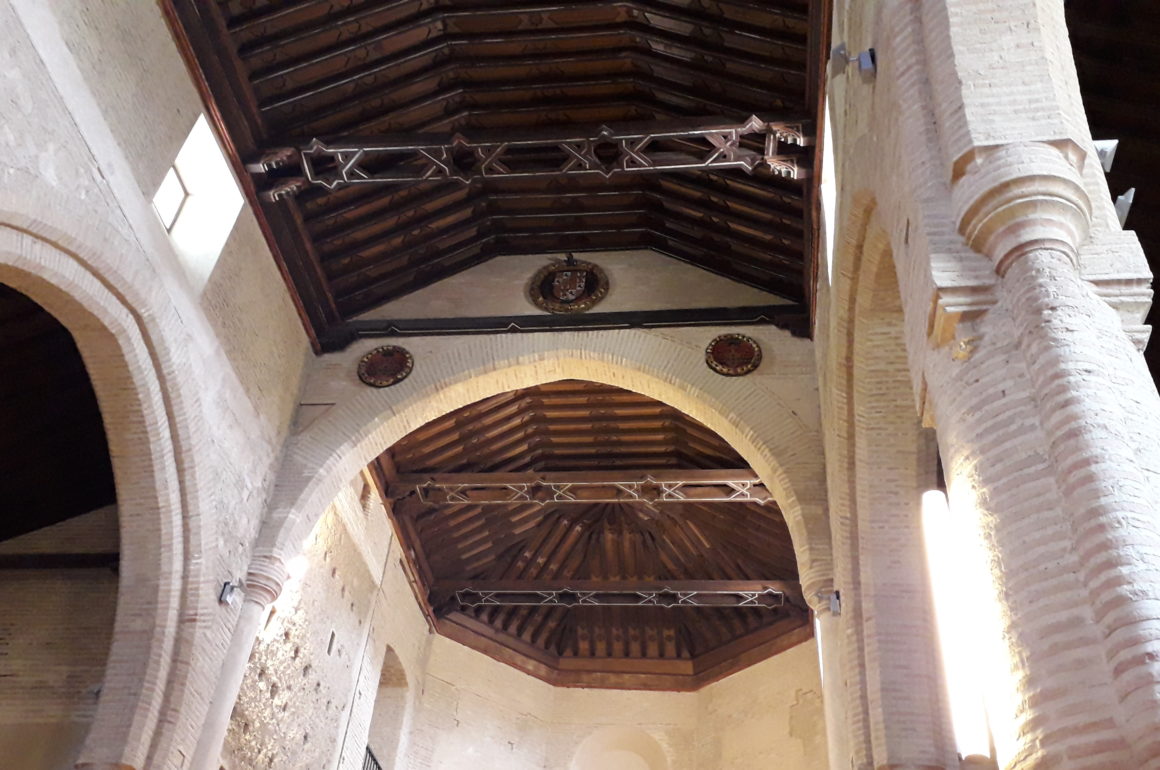
Since I was a child, the Holy Week was always the most special moment in Christianity to me. I was raised in a Catholic family and we follow the ritual that somehow has been forgotten by many Catholics: we prepare ourselves for the Holy Week, offering some kind of sacrifice to God (usually, we stop doing something that we really like or stop having some kind of behavior that harms people around us, like gossiping or judging); during the week, we go to the church every day, we pray the rosary, follow the procession, look inside us to find characteristics that must be changed, and we celebrate the resurrection of Jesus Christ. Every year, I take this opportunity to go deep inside myself to leave behind what is useless and find the necessary strength to be an instrument of peace – a desire that has nurtured my soul since 2015.
This year the celebration was a bit different. I had the opportunity to live the holy week at a place known for the accomplishments of the most Catholic monarchs, Queen Isabel and King Fernando: Granada. When I arrived here, I already knew how Catholics live the Holy Week in a unique way with their processions that attract people from all over the world. In my imaginary, I thought people would follow the procession praying but I saw very few people praying in the streets. Hundreds of people are involved with the preparations of the processions and some of them are in charge of carrying the heavy images that fascinate the crowds. One of the most touching moments is when young people raise the images because, although we cannot see their faces, we feel the energy and the faith they have on that tradition.
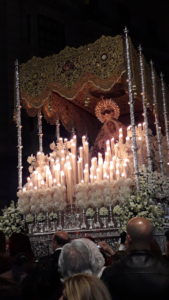
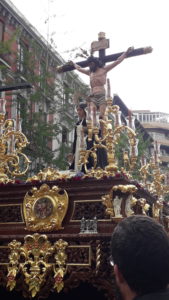
I felt the passion of the devotees but I needed some time on my own to talk to God and find some inspiration to reborn. After all, Easter means rebirth. I found a little church. Beautiful in its simplicity. I went there thinking about my Muslim and Jewish friends because my heart was ashamed by the fact a religion that follows Jesus Christ managed to distort its own precepts to justify violence towards people from other religions. Granada is beautiful but its streets tell a very cruel story: the story of thousands of Muslims and Jews who were murdered simply because they were considered “different”. Being different became a stigma in the 15th century and led to the torture and murder of thousands of Jews and Muslims. From 1841 to 1517, 16,376 people were burned alive in Spain and Alhambra was the last Muslim village in the country to be conquered by the most Catholic monarchs. Although they respected the Arabic architecture and that is why we can still contemplate the beauty of Alhambra (the Muslim city built in the heart of Granada, which once had more than 2,000 people living there), Queen Isabel and King Fernando established the Inquisition to purify the kingdom. In other words, they authorized the torture and killing of people who didn’t convert to Catholicism. People who were different. Jews and Muslims.
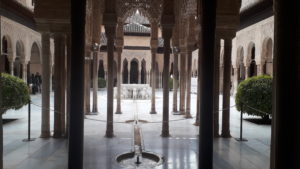
Alhambra
At this point, you might be wondering: why is she saying that during a celebration that is so important to Catholicism? Well, I am saying it because at the exact moment I was praying for those who were persecuted by my church and those who remain persecuted because they are considered different, I looked at the ceiling of the church and I saw many stars of David. At that moment I realized I was praying at a Catholic church with the symbol of Judaism on the ceiling to remind me of Jews and the Arabic architecture surrounding me to remind me of Muslims. Catholics, Jews, and Muslims were all over the place. Together outside and inside me. Yes. I have both Jewish and Muslim heritage: part of my family fled from Spanish inquisition and part of my family lived in Lebanon.
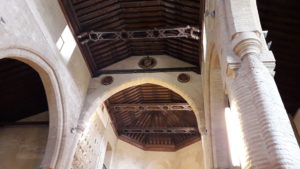
During the mass, the father said “each of us is part of God’s love. The cross represents love”. This message brought me peace and made me realize the meaning of this Easter to me: the Catholic church made many mistakes over history because it is made by men. Jesus Christ gave his love for us and overcame death. If his love defeated death. Our love can defeat hate. Easter may be an important celebration to only one of the Abrahamic religions but imagine how powerful it would be if every Christian realized the real meaning of this tradition: that if we really follow Jesus Christ, we must seek the same love He gave to us. The unconditional love. The love that has no color, no religion, no sexual preference, no gender, no nationality. LOVE.
By Beatriz Buarque (founder and CEO of Words Heal the World)


